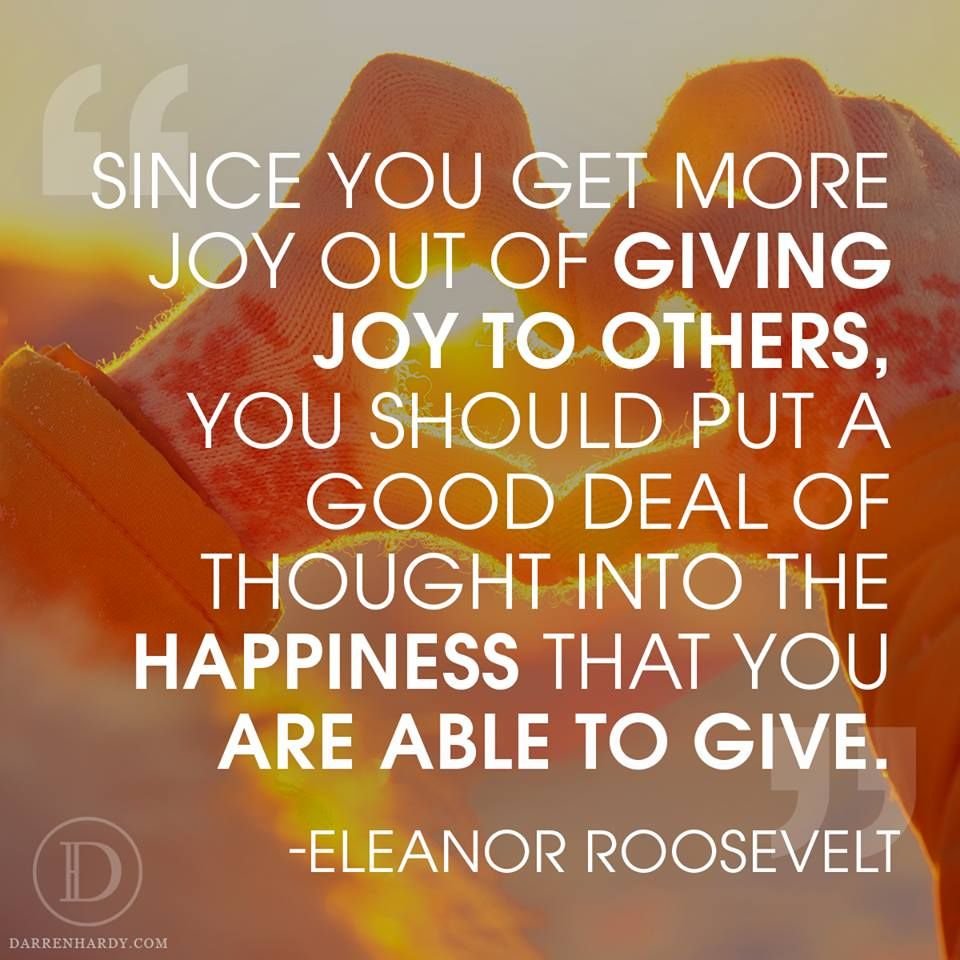Or the pursuit of happiness…
The achievement of happiness is one, if not the desire, the most shared. Being happy is the goal, often confessed to all of us.
Although few people can give a definition of happiness, the ways to achieve this famous “Holy Grail” are just as many as they are more or less effective.
This search is so fundamental in modern thought that it’s mentioned in the founding writings of democracy as the US Declaration of Independence. “All men are created equal, that they are endowed by their Creator with certain inalienable rights;
Among these rights are life, liberty and the pursuit of happiness.”
This text expresses the values of the French “Siècle des Lumières” that are or appear to be, the foundation of human rights and genuine democracy, but that our society who lay claim to it is quick to forget.
Happiness remains in the minds of all, the ultimate ambition. Yet happiness could hurt … itself!
The authors of a recent study, published in “Perspectives on Psychological Science,” and exploring the consequences that can have happiness on people’s lives, say that it should not be considered universally and inherently good.
In practice, all types and degrees of happiness does not necessarily bring the same satisfaction. The search for happiness should therefore not always be a priority, or even desirable, in cases where it leads people to feel even worse than before.
June Gruber reminds us that the pursuit of a happy goal can turn against itself. Thus, people who seek happiness at any cost may ultimately feel even worse than when they started this search.
The explanation would be in the unfulfilled expectations: when a person does not feel as happy as she had planned or expected, ultimately the opposite effect occurs in the global and diffuse feeling of happiness.
Finally, a systematic happiness can be a sign of a deficiency of negative emotions (sadness, guilt, shame), which, paradoxically, is not as enviable as it seems at first.

avec Will Smith
As we often see in our practice of counseling, negative emotions are useful indicators of emotional and social relationships. For example, guilt reminds us to behave correctly towards others, fear prevents them from taking unnecessary risks, etc. Also, negative emotions are as much as positive, parts of a normal life.
They are messengers who inform us in many real situations that it is useful to cope. If we kill the messenger, under the pretext that he is not pleasant, before he delivers his message, we cannot respond to the situation and it could become worse.
The authors of the study point out that for many years, psychology has discovered the main engine of happiness. The most relevant vector sense of happiness is not money or recognition through success or fame. Happiness is simply related to the ability to have and maintain meaningful social relationships.
This implies that the best way to attain happiness seems primarily to stop worrying about reaching it! It is better to spend energy establishing and improving the social and emotional ties that represent the real substance of a happy life, psychologically “balanced.”
So what if happiness is to be found, but not look for?

The pursuit of happiness for itself (selfishly) is often, if not always, got at the expense of others.
Returning to our Declaration of Independence of the United States. It poses as a preamble the equality of all human beings and their inalienable rights, rights that the US was quick to deny to blacks and Indians, just to fill the greedy happiness of a handful of whites.
Even today, aren’t we adulterers to this “Universal Declaration of Human Rights”?
We throw it out the window as soon as we sell to our Airbus planes to totalitarian countries to ensure “prosperity and happiness” to France?
Does this make us happier? I doubt it.
While a study shows that for many years Norway is one of the most prosperous countries in the world, another study shows Norwegians in the forefront of the consumer of antidepressants!
Yet the standard of living, comfort, wealth should at least contribute to happiness. Don’t you think so?
It depends on what we make of it all. I had the opportunity so often in my work to see people who, despite all their possessions, seemed never achieve the happiness they coveted so much. And others, lacking all, who constantly showed their joy of living and sharing.
The source of their happiness was that they understood that there is more blessing to give than to receive!
Again, studies show as we have seen that it is in social interaction that we find fulfillment, appreciation and happiness. To put it differently, when we bring to another happiness, we feel truly happy.
Now, let’s address this principle in a spiritual context.
The key to happiness is that you love one another!
John 15:12: “This is my commandment: Love one another as I have loved you.”

We often speak of the Ten Commandments, and in fact this term is not right. For Jews, it is the “10 Words of God.’ Words that God has given for one simple reason, if we summit to them, we will find happiness! Could it be then that ultimate command of Christ to love one another, be the key to happiness? In fact, there is more joy in giving than in receiving.
One day a young man from our congregation told me he was leaving us because he had the feeling of no receiving any longer from us. He admitted having received much, in the last years, but now he had to go further if he wants to receive anymore.
What seemed to him obvious, saddened me a lot because I really love this young man and I suffered to see him go. I consoled by persuading myself that if I could not bring him anything, in fact, it was better for him to go elsewhere.
However, after a few days of thinking, I started to think differently.
Is it really logical to leave the church on the grounds that it is no longer sufficient us?
Would not it make more sense to ask the question: ‘what I can bring to the church’?
This question needs to be asked. Are we called to receive all our lives and become consumers of the dispensations of God? If we are always in a consumer’s approach, we are necessarily missing God’s plan which is for us to become collaborators of his Kingdom.
Indeed, God does not he expects us that we offer Him it a celebration, a service?
That we turn away to our idols (the biggest of all is our ego) to serve Him as the living God?
We now understand these verses that encourage us to suffer injustice instead to have a bad testimony. The Bible invites us to rejoice to be beaten for the gospel and even give our lives for the Kingdom of God and consider it an honor. Paul goes so far as he considers that our death would be an advantage!
But all this requires us a maturity that we see, unfortunately, very few in the church today, especially in our Western countries.
Then, one day, we must grow!

The Apostle John speaks of this evolution in his Epistle: 1 John 2:12–13: ‘I am writing to you, little children … young people … fathers.’
It is the logic of the human to go through the steps of life as well as physical, emotional and spiritual. When this journey is not done, it is called deficiency in psychiatry!
The apostle Paul also speaks of this need to grow spiritually. He is surprised at the slow pace of spiritual evolution of people when it is not their regression. Hebrews 5:11–12: ‘There is much more we would like to say about this, but it is difficult to explain, especially since you are spiritually dull and don’t seem to listen. You have been believers so long now that you ought to be teaching others. Instead, you need someone to teach you again the basic things about God’s word. You are like babies who need milk and cannot eat solid food.’
It gives a straightforward explanation of the reason for this slowness to grow in his first letter to the 1 Corinthians 3:2: ‘I had to feed you with milk, not with solid food, because you weren’t ready for anything stronger. And you still aren’t ready, for you are still controlled by your carnal nature.’
After years of conversion, the people to whom the Apostle is talking, are still feeding on milk! Think about the implications of this lack of spiritual growth following the example of the natural evolution of the human being.
Be on milk means to be an infant, whose ego is inherently disproportionate. He is entitled to expect from the outside world all the attention he deserves and is not aware of the world around him.
Then growing up, he learns, for example when he is left crying in his bed or that does not respond to his whims, he is no longer the center of the world of which he is aware. Later, in a process of socialization, he realizes that the other also has legitimate needs. He must learn to deal with his own frustrations. He will have to deal with these frustrations, which are a key element of learning, and will have to manage these throughout his life. That’s becoming an adult.
Spiritually, it is the same. Christian who remains on milk think the world (or the church) revolves around him and his needs. If we can conceive that for a while, it may not be so for life! The new convert will have to take more and more autonomy so that the church can take care of those who arrive after him, it will also come a time when the church has to rely on him to help. And one day it will be for him to become a parent.
When I became a dad, it was one of the happiest days of my life. It will be the same for everyone who turns from his selfish pursuit of happiness to become a blessing to others.
Mikaël REALE
